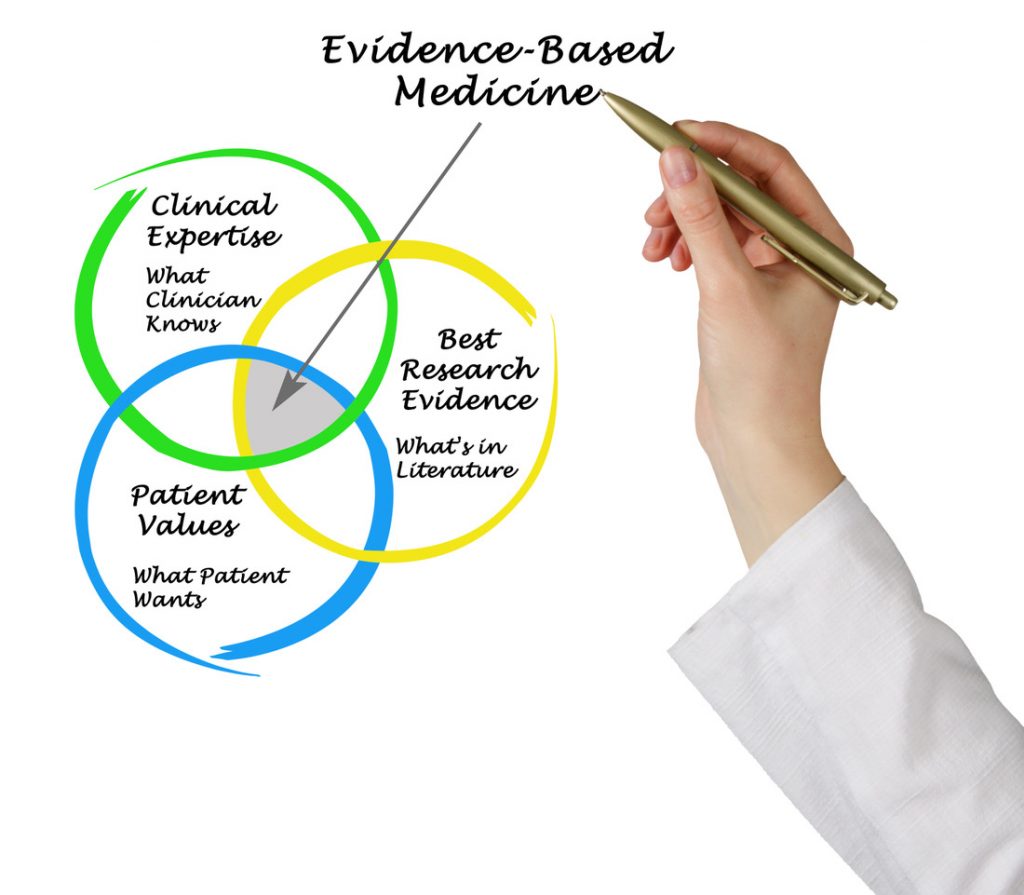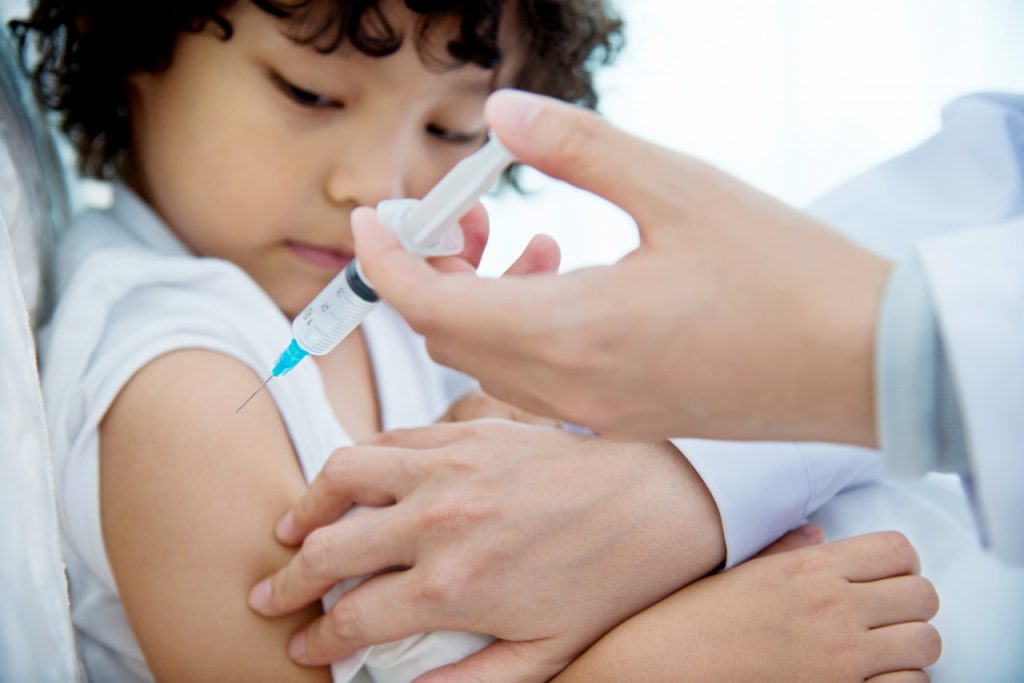Shared Decisions advocates for evidence-based care and patients who prepare to participate in decision-making about their health by actively seeking accurate, science-based information.
Why is evidence-based care more important today than ever before?
There are still science doubters – an irony in the 21st century with our nearly unlimited access to knowledge – who doubt the benefits of science in their own lives. A prime example is “anti-vax” groups who have access to vaccines yet choose not to vaccinate their children.
The question of being able to trust medical information relates directly to our current struggle with COVID. IF a vaccine to protect us from the virus becomes available will people trust it enough to line up for their turn? Early predictions show there will be those who resist for themselves and for their children. Yet, the evidence for childhood immunizations shows long standing benefits. Benefits to the child, to the family and the community.
Presenting healthcare evidence
 Evidence-based care uses three elements:
Evidence-based care uses three elements:
- Patient preference
- Clinical expertise
- Evidence
The heart of clinical care is where these three principles intersect: and we call it shared decision making.
Clinicians need the time and the capability to discuss healthcare evidence with their patients in understandable terms. They should explain the risks and the benefit of a medication or treatment. Those patients, in turn, need to have access to the evidence so they can ask questions about how it relates to their care. It’s important, when making a serious decision, to take time, particularly with a new diagnosis or a screening test.
 Let’s consider the vaccine example:
Let’s consider the vaccine example:
The evidence: In the case of childhood vaccinations, the evidence is clear and well established over time. If a new vaccine for COVID were to be developed, it would be a long time before we would have a similar level of evidence for it.
The clinician experience: Clinicians would likely recommend a vaccine for COVID for their healthy patients, like they have for other common diseases and the seasonal flu.
Patient preference: Patient preference for childhood vaccines is open to ethical, not scientific, questions. There is insufficient herd immunity in this country because some people do not vaccinate thus providing an opportunity for diseases to resurface and even leading to community harm therefore is an ethical question. We can assume COVID would be the same. Yet, there are already groups arguing that a COVID vaccine must be resisted.
The development of the COVID pandemic has brought evidence-based care to the front page of newspapers, to politics, and to dinner table discussion at households across the country. It wasn’t always that way. In fact, evidence-based healthcare is a relatively new aspect of medicine.
The history of evidence-based care
The practice of medicine was often based on ritual and routine until the 1970s. Science grew rapidly following WWII, but results were not readily accessible to busy clinicians. The result was a huge variation in treatment between patients and practices. In 1978, the Oxford data base of perinatal trials launched the first systematic method for categorizing studies related to pregnancy and birth. It was the first of many milestones reached by a dedicated group of clinicians to increase the use of current science to improve outcomes of care.
Today we have a global network called the Cochrane Library: Trusted Evidence, Informed Decisions, and Better Health. This network of clinicians, scientists, epidemiologist and now consumers uses a systematic method to review specific questions about clinical care as well as posing questions to undertake protocols for ongoing research studies. The systematic reviews are often extensive, so the public may wish to read the Plain Language Summary, a one-page summary covering several hundred pages of research.
How to find evidence-based care
 Seeking out evidence-based resources should be the first step when faced with choice about our own healthcare. There are times when the evidence is not clear cut, such as for prostate screening, and other times when it’s very clear, such as hand washing to prevent the spread of infection.
Seeking out evidence-based resources should be the first step when faced with choice about our own healthcare. There are times when the evidence is not clear cut, such as for prostate screening, and other times when it’s very clear, such as hand washing to prevent the spread of infection.
Searching, thinking, and questioning is a heavy burden for consumers/patients compared to “being told” but is also a gift from 21st century access to science. Here at Shared Decisions, we recommend searching out evidence using the links on our resource page rather than relying on basic internet searches. The links returned from a basic query may take you far afield and add to confusion. Visit our Resources Page now.

Leave a Reply